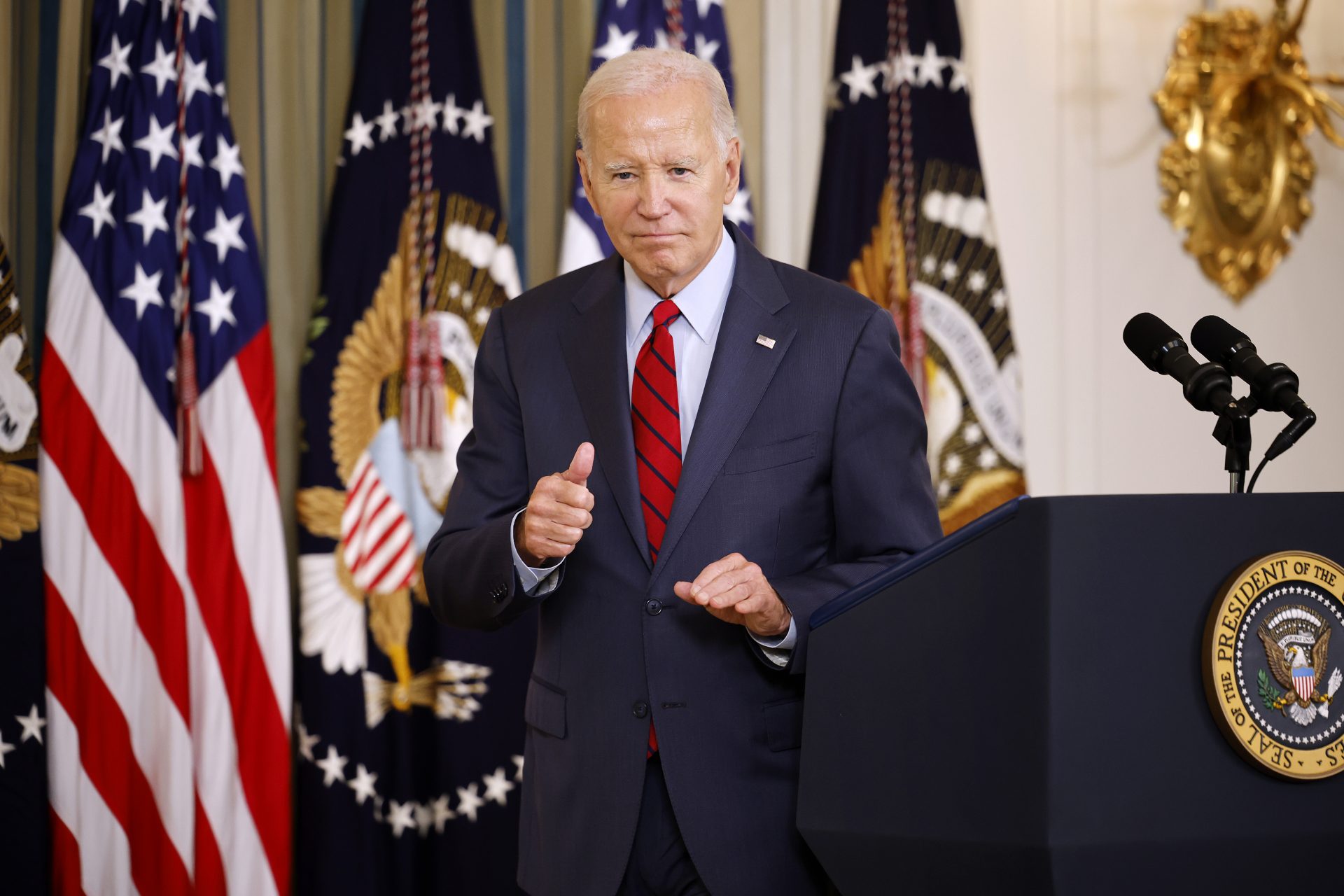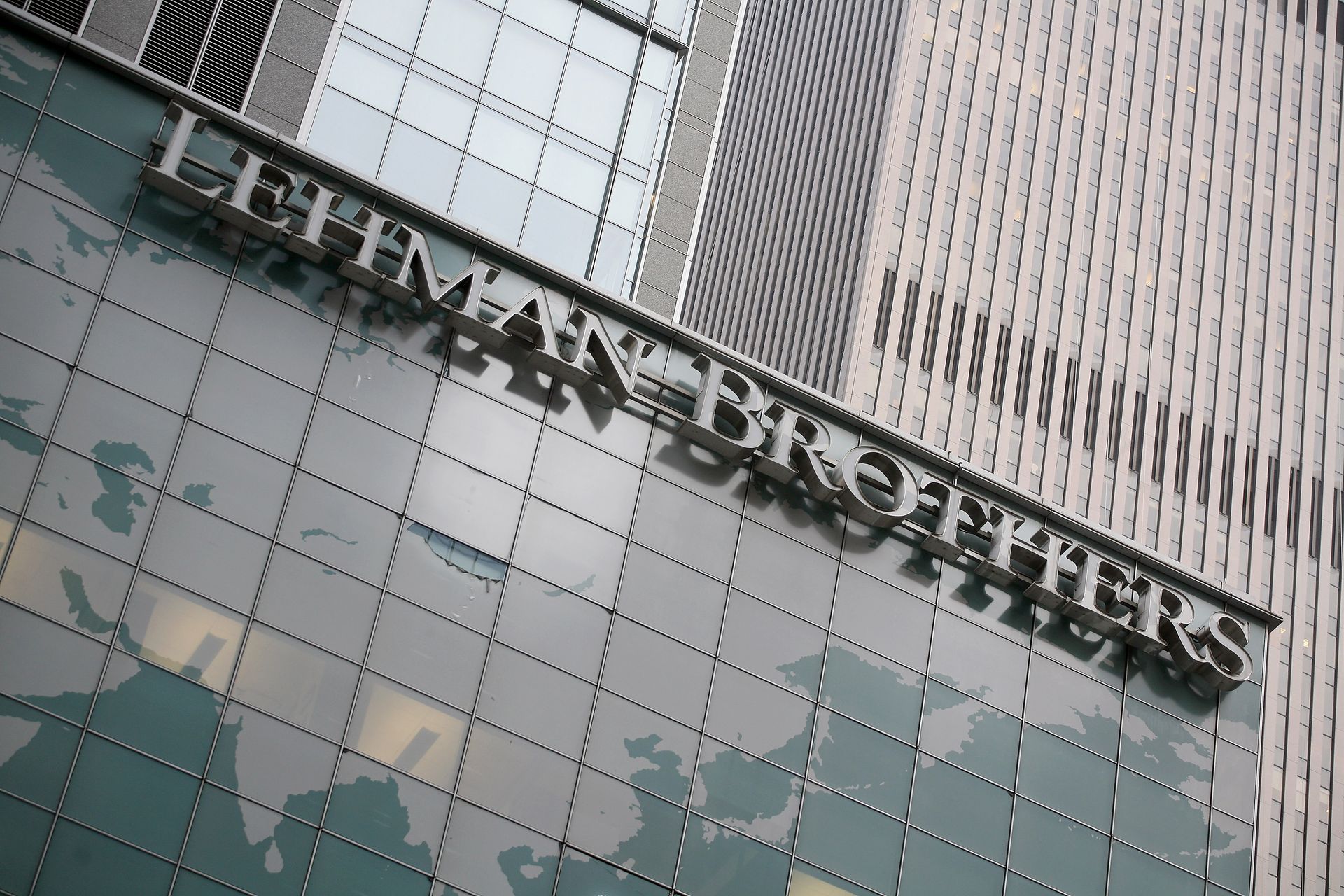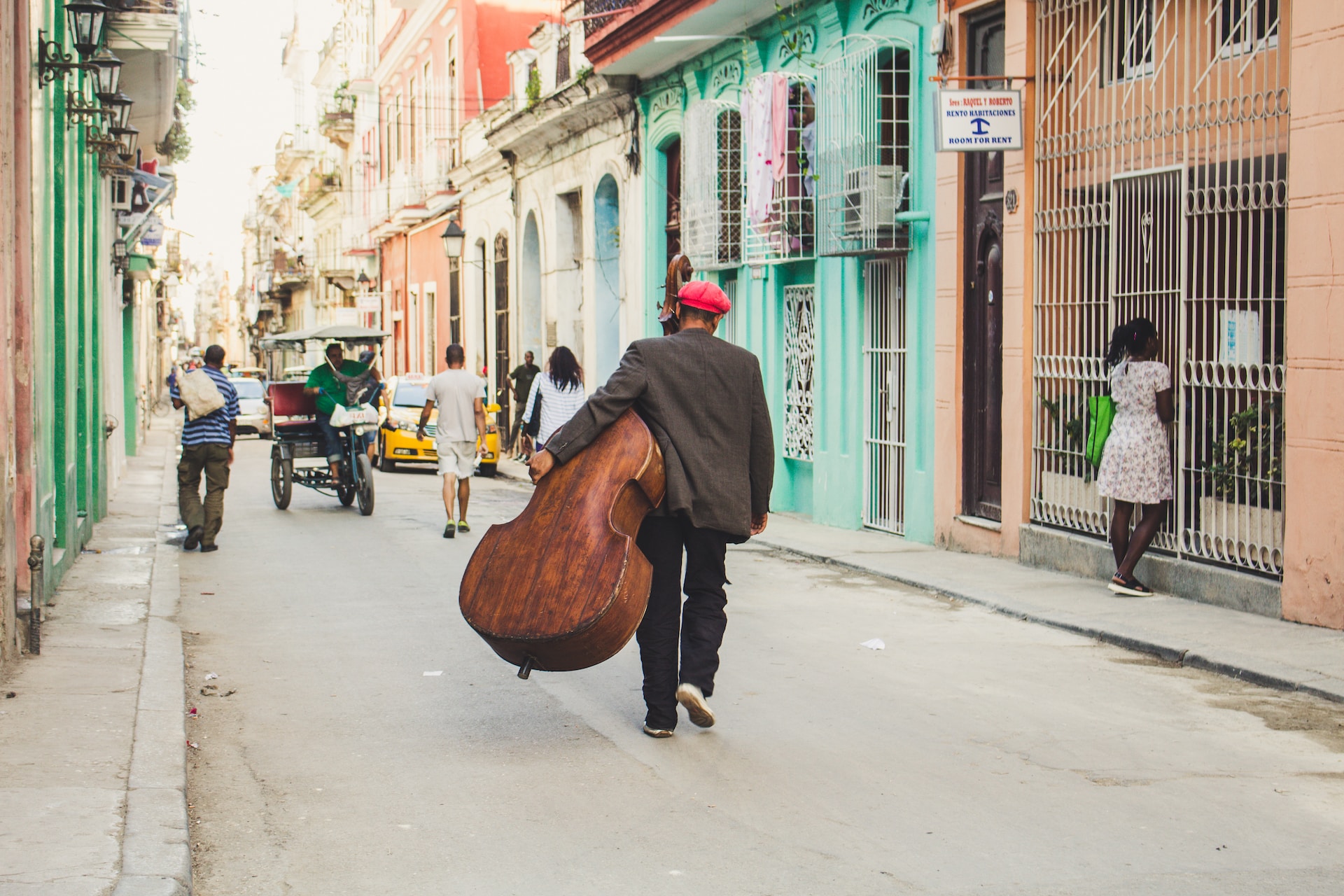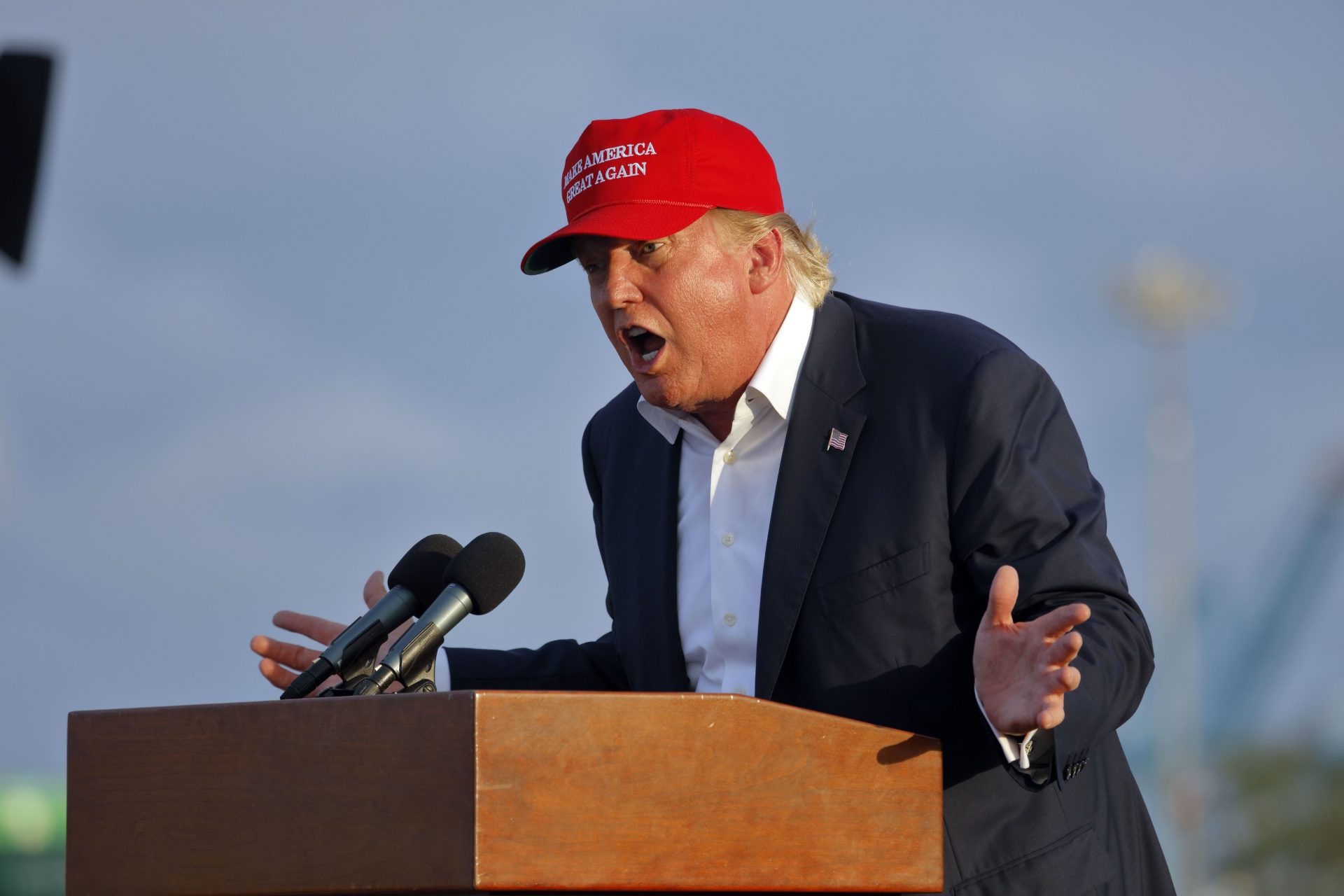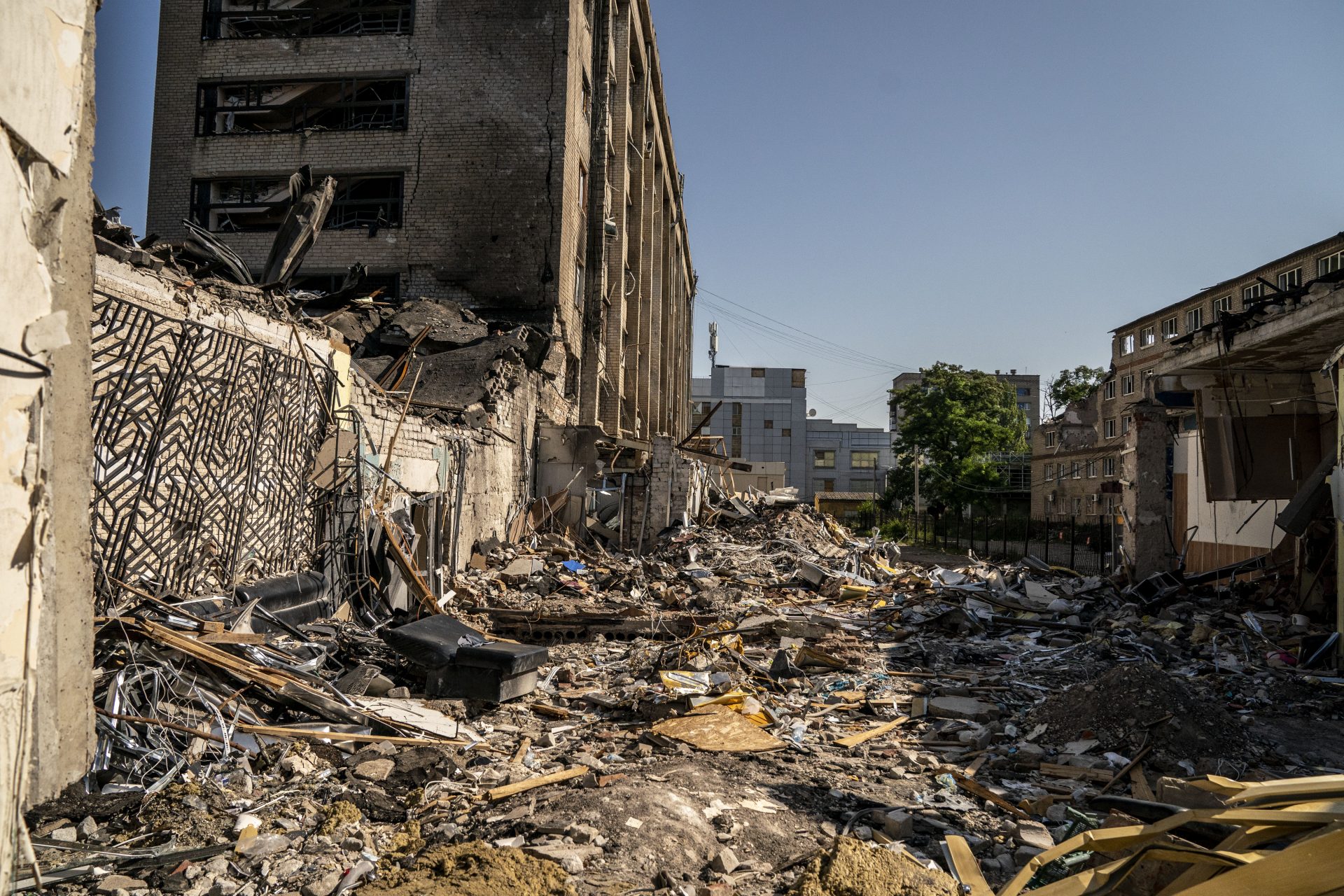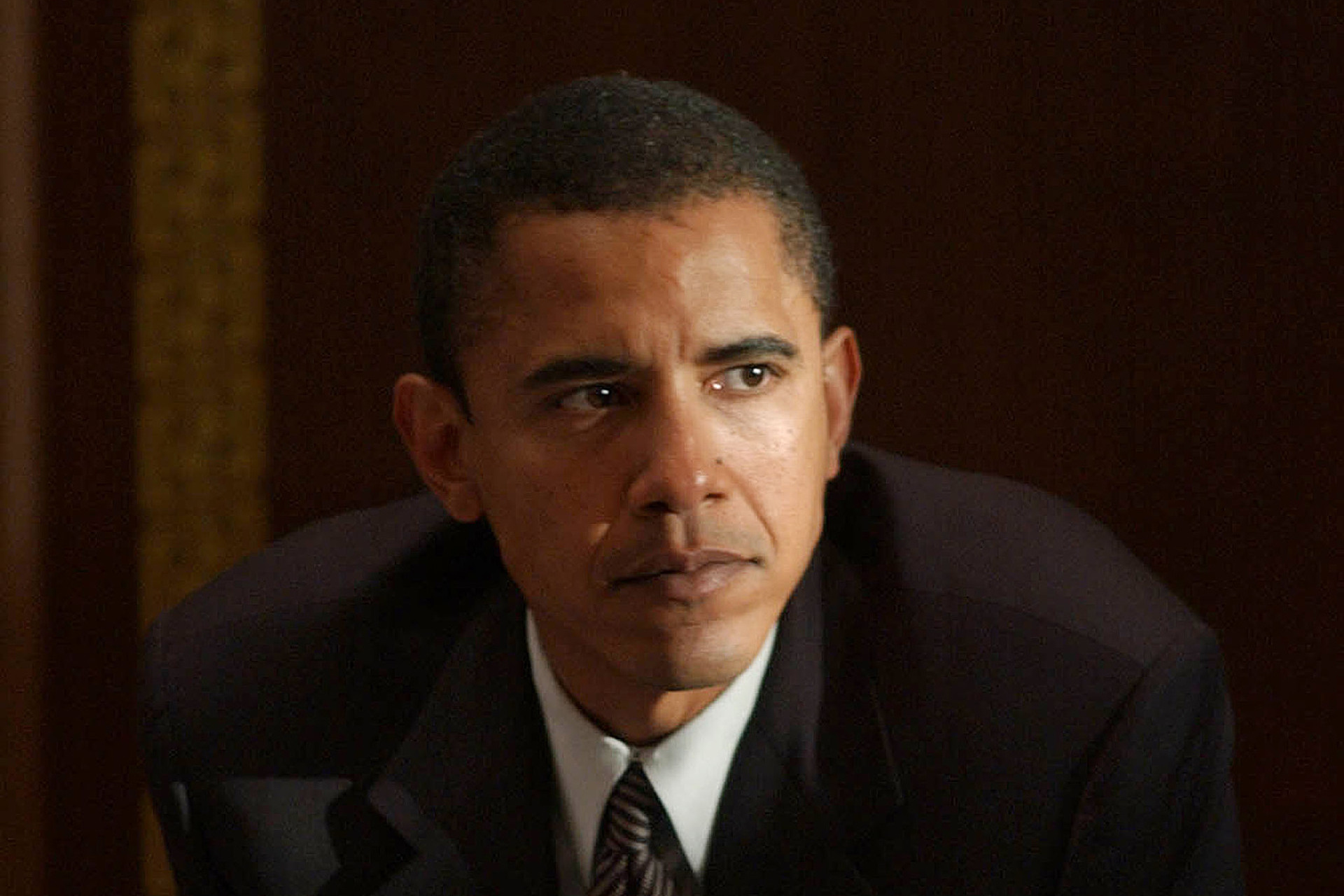Biden might ease financial restrictions on Cuban small business owners
A Bloomberg exclusive revealed that the Biden administration might ease economic sanctions on Cuban small business owners.
The administration would apply these measures exclusively to the private sector of the island, composed only of micro, small, and medium-sized enterprises (called Mipymes, in Spanish).
The proposal would give these companies access to the American banking system. It would allow them to open and control bank accounts in the US and ask for private loans, government sources told The Miami Herald.
According to Bloomberg, there are few details about how the policy would work. Still, it should leave any individuals with ties to the military or the island's communist regime off limits.
Currently, the island is under very restrictive rules imposed by the US. Aside from the economic embargo, the Trump administration included Cuba in the list of countries that sponsor terrorism, limiting its access to the international financing system.
The administration is moving slowly, trying not to disturb the voting base of Cuban-Americans in Florida, which has proven to have a substantial effect on national elections.
According to local media, the private sector in Cuba has grown consistently since the regime green-lighted the creation of small private companies in 2021.
According to Bloomberg, the Biden administration sees the sector as the best alternative to battle the worst economic crisis that has hit the island since the fall of the USSR.
The administration is concerned about the state of the Cuban economy because of the increasing migration to the US. Since 2021, nearly half a million Cubans tried to cross the southern border.
Official government data cited by the Spanish news agency EFE claims that over 8,000 private companies operate in Cuba. They comprise half the total enterprises on the island and employ most workers.
The policies could be game-changing for the small businesses that do not have ties to the regime as the island struggles with shortages, blackouts, and rampant inflation.
The COVID-19 pandemic and the fall in tourism fueled the economic crisis in Cuba. According to the independent outlet El Toque, there is also a significant imbalance in the productivity of the private and government sectors.
Still, many experts cited by Bloomberg believe that the possible announcement is not proof that relations between Cuba and the US are improving. Two major problems are stopping any negotiation.
The first one is the imprisonment of around 1,000 citizens after the 2021 anti-government protests on the island. Most of these citizens are serving years-long sentences.
The second one is Cuba's position on the war in Ukraine. Recently, international media revealed that Cubans were fighting in the front, which the island's government claims never authorized.
In any case, the support of a part of the private sector in Cuba is far from Obama's administration's attempt to stabilize relations. Positions are too distant.
More for you
Top Stories



